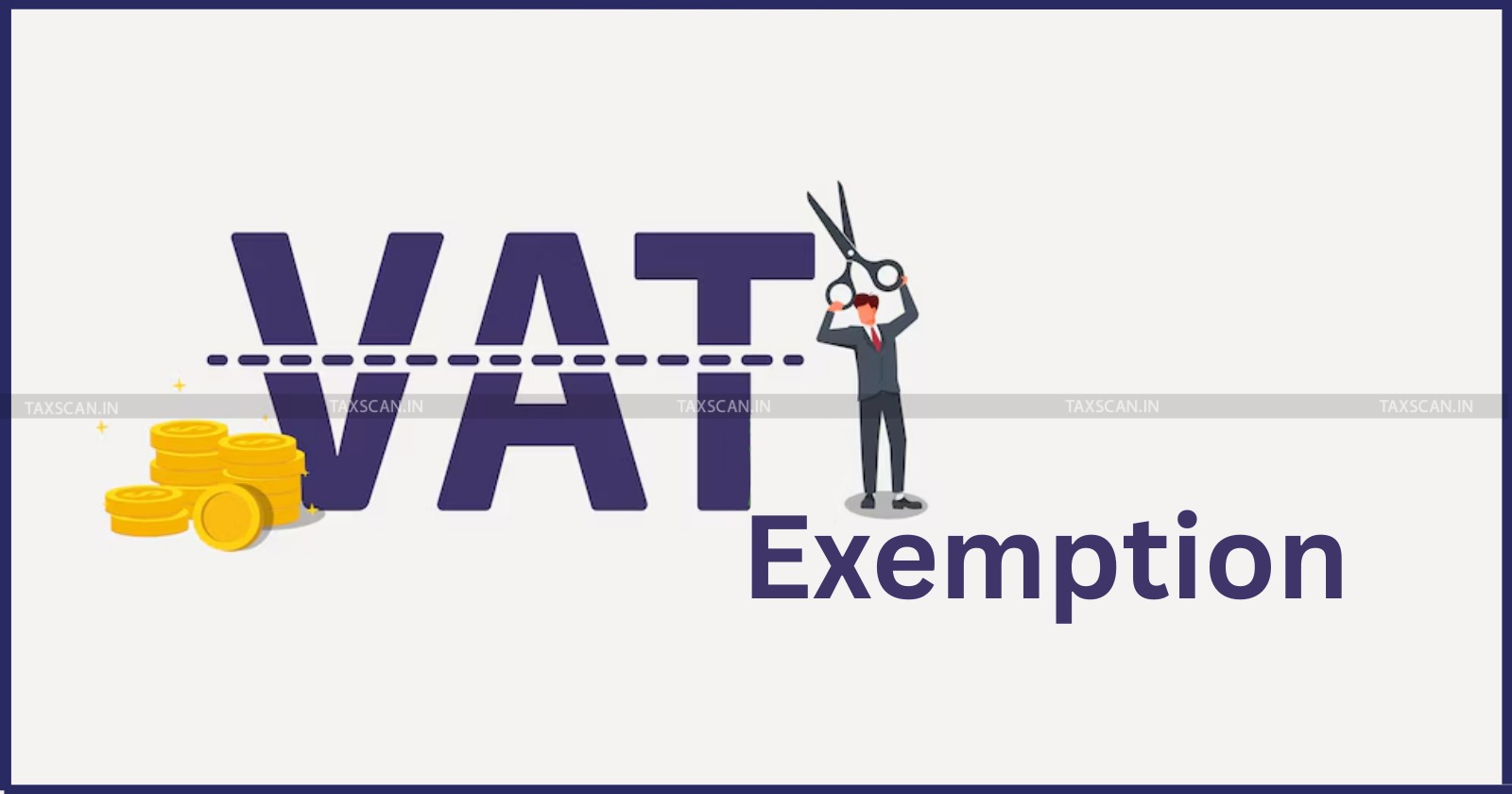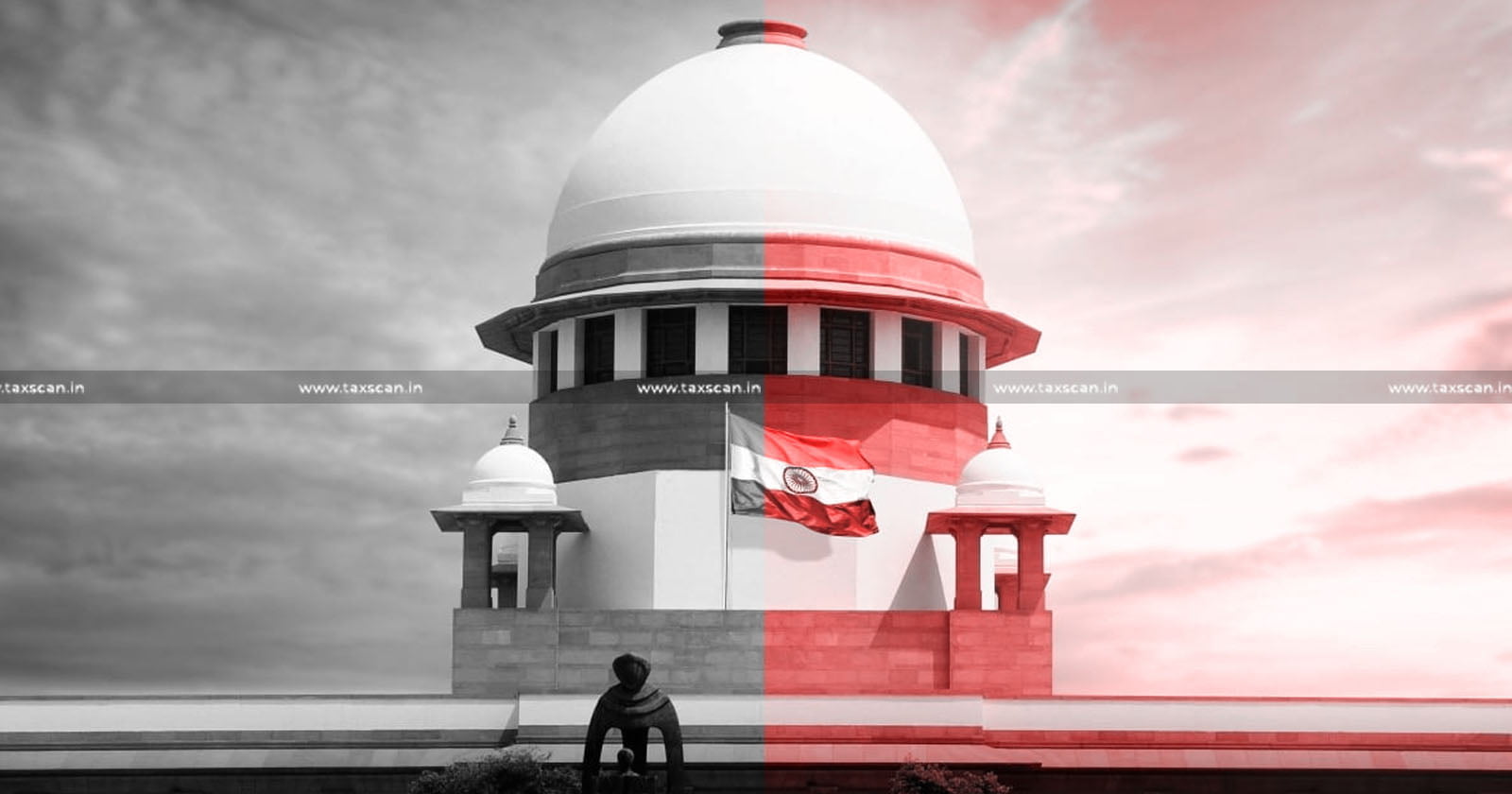Allegations of Fraudulent GST ITC Involve Multiple Factual Questions Unsuitable for Writ Adjudication: Delhi HC Directs Alternate Approach [Read Order]
The Delhi High Court ruled that disputes over fraudulent ITC involve factual issues unsuitable for writ jurisdiction and directed the petitioners to pursue appellate remedies under the CGST Act.
![Allegations of Fraudulent GST ITC Involve Multiple Factual Questions Unsuitable for Writ Adjudication: Delhi HC Directs Alternate Approach [Read Order] Allegations of Fraudulent GST ITC Involve Multiple Factual Questions Unsuitable for Writ Adjudication: Delhi HC Directs Alternate Approach [Read Order]](https://images.taxscan.in/h-upload/2025/09/26/2091247-fraudulent-gst-itc-delhi-hc-taxscan.webp)
In a recent ruling, the Delhi High Court observed that allegations of fraudulent Input Tax Credit involve multiple factual questions that cannot be examined in writ proceedings and directed the petitioners to pursue the statutory appellate remedy instead.
RST Batteries and RST Batteries Pvt. Ltd. filed a writ petition under Article 226 of the Constitution challenging an order dated 3 February 2025 issued by the Commissioner of CGST, Delhi West Commissionerate.
By this order, a demand of about Rs. 18.83 crores was raised against them on the allegation that they had availed and passed on ITC through bogus invoices without carrying out any real business activity.
 Also Read: VAT Exemption Only for Goods Produced in Same State is Discriminatory: Supreme Court Quashes Notification Violating Art. 304(a) [Read Judgement]
Also Read: VAT Exemption Only for Goods Produced in Same State is Discriminatory: Supreme Court Quashes Notification Violating Art. 304(a) [Read Judgement]
The petitioners’ counsel argued that a CBIC circular issued on 6 July 2022 clarified that in fake invoice cases, only penalties under Section 122(1)(ii) and 122(1)(vii) of the CGST Act could be imposed, and no tax demand should be raised. They submitted that although this circular was cited before the adjudicating authority, it was ignored.
The department’s counsel argued that the case involved a chain of transactions among several entities and required examination of factual issues, which could not be done in writ jurisdiction.
The counsel pointed out that the Supreme Court in Commercial Steel Limited had already explained that writ petitions are not maintainable when an effective appellate remedy is available unless exceptional circumstances exist.
 Also Read: Supreme Court Upholds 3 Years Suspension of Advocate for Making Scandalous Allegations Against an Individual [Read Order]
Also Read: Supreme Court Upholds 3 Years Suspension of Advocate for Making Scandalous Allegations Against an Individual [Read Order]
The Division Bench comprising Justice Prathiba M. Singh and Justice Shail Jain observed that fraudulent ITC cases usually involve disputed facts and that writ jurisdiction ought not to be exercised in such situations.
The court explained that since the impugned order is appealable under Section 107 of the CGST Act, the petitioners must pursue the appellate remedy.
The court dismissed the writ petition but extended the time for filing an appeal until 15 November 2025, along with the required pre-deposit. It directed that if such an appeal is filed within this time, it shall not be dismissed on limitation grounds and will be decided on merits.
The court also left open for the appellate authority to decide the applicability of the 2022 circular. The writ petition and pending applications were accordingly disposed of.
Support our journalism by subscribing to Taxscan premium. Follow us on Telegram for quick updates


